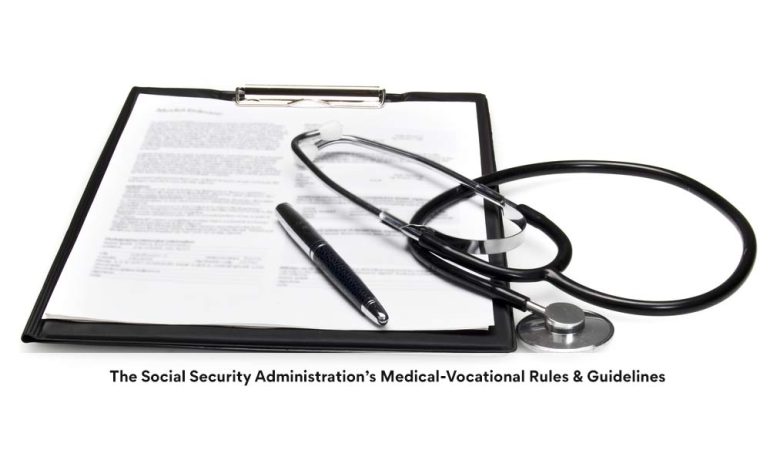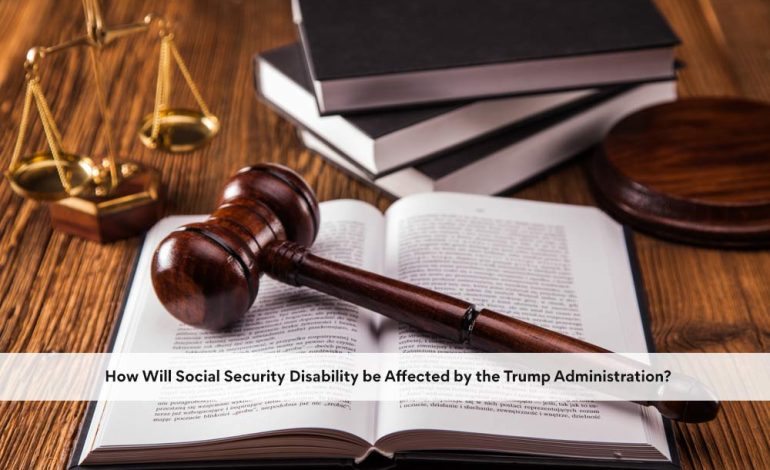How Much Social Security Disability Benefits Can You Get?
If you are currently applying for Social Security Disability (SSDI) benefits, or are thinking about applying for them now or in the near future, you are probably wondering just how much money you might expect to receive. The good news is that there really is no limit.
How Can You Determine Your Benefit Amount?
The Social Security Administration (SSA) does not put a limit on the amount of benefits you can get but rather rewards you an amount that is based on a rather complicated formula that is used to determine how much you should receive. That formula uses information including how long you have worked, how much you have paid into the system over the years, how much you make on average each year, how much someone at your job could expect to make, on average, and other things as well. So far in 2017, the average monthly payout is $1,171.
What if You’re Working?
That lack of limits assumes that you are not working, and only collecting income through SSDI. If you are working, though, then you can only earn so much before you will be engaging in what the SSA calls Substantial Gainful Activity (SGA). The SSA determines the income threshold for SGA, and if you earn over that amount, you may lose your SSDI benefits. In 2017, the monthly income level for SGA is $1,170 for a disabled applicant and $1,950 for a blind applicant.
What if You Have Other Income?
There is some good news on this front. If you are collecting SSDI benefits, it doesn’t mean that you can’t have other, nonwork-related sources of income. While you can only earn so much through an actually earned paycheck before you could lose benefits, there is no limit to the amount of money you can bring in from other sources, such as investments, interest on investments and accounts, or a paycheck from your spouse’s joSo, if you are currently collecting SSDI benefits, or going through the process of applying, this should give you a better idea of what you can expect, and what you can and can’t do without worrying about losing those benefits. While going out and finding a new, full-time job will basically guarantee you losing your benefits, a part-time job, as well as income from other sources, can go a long way towards keeping you and your family financially secure, even during this difficult time.


